What makes cooking on an open fire different from a kitchen stove? What is noodling? What bit off a finger? Find out on this episode.
Welcome to Writing Rural with Alley, the fiction writer’s weekly inspiration station for rural life and lifestyles, from historical to post-apocalyptic, helping you bring your rural stories to life! I’m Alley, and this is episode #62, Top Disaster Survival Skills (Part 3). Stick around to the end to find out all the ways things could possibly go wrong. Now, let’s get into this.
If your character finds themselves in a disaster, whether it is a natural disaster, or man-made, there are skills they will need to survive, and some that will make survival much easier. Your character may have these skills, or it could be someone with them. Either way, today, we will cover five more of them.
11) Mental Fortitude AKA Not Mentally Panicking
Mental fortitude is one of the most valuable skills your character can possess. The ability not to panic, to think rationally, and to make decisions that are not swayed by emotions, especially fear, is what sets the average person apart from the people likely to die.
Disasters are high-stress scenarios. This type of stress can cause crippling anxiety, depression, irritability, anger, rage, hostility, inability to control one’s emotions, and a decrease in cognitive abilities. These include decreased memory function, concentration, decision-making abilities, and more.
Some jobs and careers train for this kind of stress. These include, but are not limited to, ER doctors and nurses, military personnel, police, swat teams, firefighters, EMS and EMTs, 911 operators, and more. A lesser thought about group of people is people who grew up in or went through severe abuse. The abuse was a high-stress time they learned to cope with to survive. Abuse victims often fall back on this as a survival tactic. This could be good or bad, depending on how they cope.
12) Open Fire Cooking
Cooking over an open fire is a skill. It isn’t hard to learn, but learning in a disaster scenario is less than ideal.
There are some differences between cooking in a kitchen and cooking over an open fire. First, your character will have to make the fire. Not only does it need to be started, but they will need to have it going long enough to make a good amount of coals. Most foods are cooked over the coals. If they are using a Dutch oven, (which is basically a cast-iron pot with a lid that has a lip turned up) they are designed to be able to put coals on top of. These can cook things like bread, cinnamon rolls, and more. This is more likely after the apocalypse than a tsunami.
Keep in mind that if they are cooking for several people, they will need to keep a fire going beside the cooking area so that they can rake new coals over as the other coals die out. Also, some foods are simmered, so they will be moved to a cooler part of the fire.
Next, what are they cooking with? By this, I mean, do they have pots, pans, and cast iron, or are they cooking on a sheet of metal they found? Perhaps they are even cooking on top of hot rocks, or baked in the ash. Each of these will be different. Remember that some lead and metals they find could contain poison or toxins such as lead paint and a lot of chemicals I can’t pronounce. Not only do they smell awful when heated in fire, but they could also make the food taste bad.
However, cooking over an open fire, even with safe cast-iron pots, will make a flavor that is not the same as what you cook in the kitchen. This is because of the wood, smoke, and ash. Personally, I love the flavor, but I have meant a lot of city folks who didn’t and a lot who did. Something fun to throw in for your character.
13) How to Sharpen a Knife
Knives are one of the most important tools your character can have. This can help with everything from preparing food to cutting strips of cloth for bandages to making feather sticks to help start a fire. I have a whole episode about how to sharpen a knife if you’d like to learn how.
Knives have been used since the bronze age and will likely be used long after any apocalypse. I do not know of any people group that did not have some form of a knife even if it was just a rock knife. I also have a whole episode on stone knife-making called Flint Knapping if you would like to learn more about stone knives.
Also, if you are writing about the apocalypse, many doomsday preppers have dozens of knives saved for this. Some even have hundreds of knives. They also have sharpening stones. You can’t sharpen a knife if you don’t have something to sharpen it with.
14) Signaling For Help
This one seems easy, but you would be surprised at the number of people who do not know how or do not think about doing it. These are most common if someone is stranded. This could be after a plane crash, deserted on an island, their car breaks down in the middle of nowhere, and more.
The first thing you should know is that signals of three is the international distress signal. It is believed that this came after the SOS in 1906. You see, the Morse code for SOS is three dots, three dashes, and three more dots.
Ever since then, people have used this as a signal. It could be three fires close together, three stacks of rocks, three gunshots, and more. I even once heard of someone hanging three braids of vines off a cliff, and it worked. You could get creative with this one.
So why does it make it as a skill? Well, your character will need to know what to do in their scenario. If they are on an island, no one will hear their three gunshots. If your character makes a fire, they don’t want to do it in high winds. That would risk a forest fire. Common sense and reasoning are not always at their peak in high-stress situations. That is why this one makes the list.
15) Fishing
Ok, I hear you. “My character doesn’t have fishing gear after a disaster!” That may very well be true, but stick with me; there are many things they can do without gear.
First, almost any small twine, embroidery thread, or things of this nature can be used in an emergency. These can be used by tying them to the end of a stick. Fishing hooks can be made of metal, pop-can tabs, wood, wire, and more. Worms can be dug up in most places and used as bait. This will give your character more food.
There is also hand fishing with the same string, hook, and bait.
Another type of hand fishing is noodling. Basically, they are catching fish by hand. In my part of the world, this is done with catfish. Simply put, the person finds the catfish den and shoves their hand in to try to put it in the catfish’s mouth, using themselves as bait. This can be a struggle to get them out of the water, not lose them, and, very importantly, not get stabbed with a catfish whisker. Yes, their whiskers will stab people like a knife.
An important warning about noodling. Your character can not normally see what is in the hole, under the log, or wherever they are putting their hand. Many people have been bitten by snakes, including venomous ones. Many more have had turtles bite off digits of their finger or even whole fingers.
Another possibility is to spearfish. They can use the knife we spoke of to make a spear. This is a bit of a learning curve to learn their behavior and that the fish are normally deeper than they look. However, some people will pick up on this skill quickly. Others, not so much, but most people don’t give up altogether. Although they may cuss and yell at the fish.
Some people even know how to make fish traps. This can be done in shallow water with a bunch of sticks to make a way for them to swim in but not out. There is also a trap that can be made with willow branches, certain types of roots, cat tail leaves, or even wire fabric if your character has it. Basically, they make a cone or funnel shape that gets smaller on the way into the trap but has no way to get out. I have never seen a fish swim back out of this. Your character could even be good with plastic crafts and make one with pop bottles they put together. These traps are most often baited with dead fish or part of a dead fish. Crawfish are sometimes used in my area of the world.
Keep in mind that if your character doesn’t have a way to refrigerate, and who does in a disaster, they will only want to catch what they can eat. If they catch too many, they will be trying to cook and eat rotten fish. Not only will that likely contain food poisoning, but rotten fish stink!
Fun fact: Many Native American tribes used fish traps, and there are historical records of them teaching settlers how to make and use them.
What could possibly go wrong?
Before we get to the best part, if you enjoy this podcast, I hope you’ll take a minute to follow, rate, and review on your podcasting platform. And if you are listening on YouTube, subscribe, hit the like button, and drop me a comment; I love to hear from you! You can also find episode show notes and helpful links to learn more on my website, alleyhart.com. That’s A-L-L-E-Y-H-A-R-T.com. Don’t forget to share with a friend. Now for everyone’s favorite part!
Likely to go wrong: Your character is catching fish by hand and sticking their hand into what they believe is a catfish den. However, when they stick their hand in, instead of finding a catfish, they have their finger bitten off by a snapping turtle.
Likely to go wrong: Your character is not mentally prepared to deal with the disaster that strikes their life. They struggle to decide and suffer with crippling anxiety.
Likely to go wrong: Your character has a pocket knife with them when the disaster happens. As they use it more and more, the blade becomes dull. However, they did not have a sharpening stone with them to sharpen it. They are stuck with a dull knife.
Possible to go wrong: Your character uses a flare to signal for help. However, the ground is dry, and the flare sets the grass on fire. Your character might have to run away from the grass fire.
Possible to go wrong: Your character scavenged metal to cook on after a plane crash stranded them. When they cook their food on top of the metal, the toxic paint leeches into their food, poisoning them.
Possible to go wrong: Your character is trying to catch fish by hand and accidentally catches a cottonmouth snake that bites them. This could be deadly.
Unlikely to go wrong: Your character has found some potatoes from a destroyed grocery store and is trying to cook them on a campfire. They don’t know how to make baked potatoes but heard you stick them in the ash. They try it by shoving the potatoes under the firewood and lighting it all on fire. When they pull it out, they find it is burned, and anything left is covered in ash.
Unlikely to go wrong: Your character is spearfishing and accidentally spears their own foot.
Unlikely to go wrong: Your character is cooking over an open fire but doesn’t know open fire safety. Some embers are blown out of the fire in a strong wind and cause a forest fire.
Improbable but still technically in the realm of possibilities: Your character is on a ship that crashes into an island when the apocalypse happens. Your character tries to make fires to signal for help, not realizing that no airplanes or helicopters survived. They could be stuck indefinitely.
Improbable but still technically in the realm of possibilities: Your character was a doomsday prepper. They had fishing hooks with them when the apocalypse came. One day, they go fishing and accidentally get a fishing hook in them. They quickly realize they do not have a pair of pliers or wire cutters to help get it out. This will make it hard and potentially more painful to remove the fishing hook.
Thanks for listening! Until next time, happy wordsmithing.
Helpful Links to Learn More:
SOS:
https://www.hpl.ca/sites/default/files/L%40H%20Morse%20Code.pdf
Fish Trap:
http://www.bushcraftdays.com/how-to-build-a-stick-fish-trap/
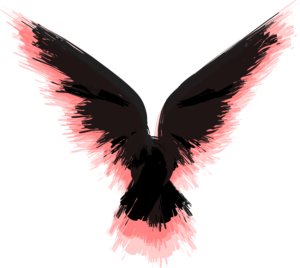
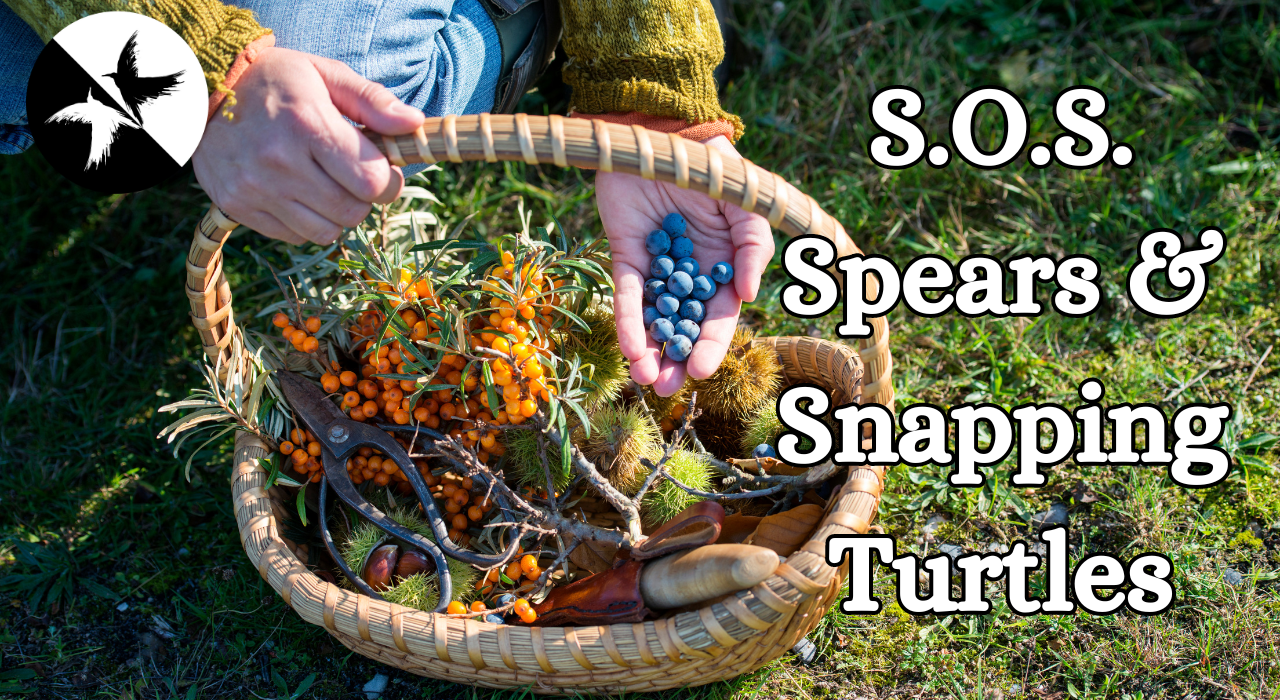
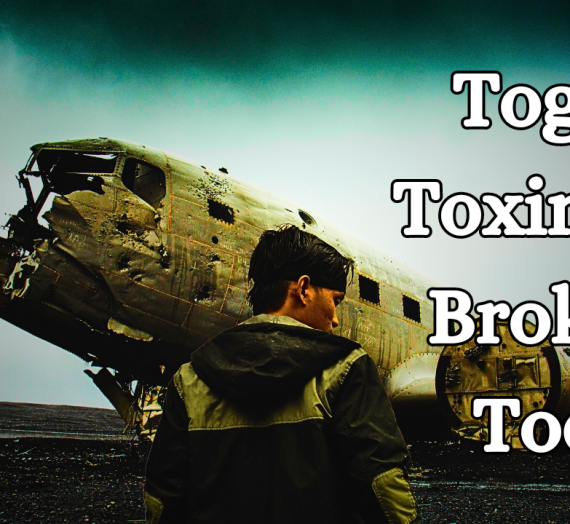
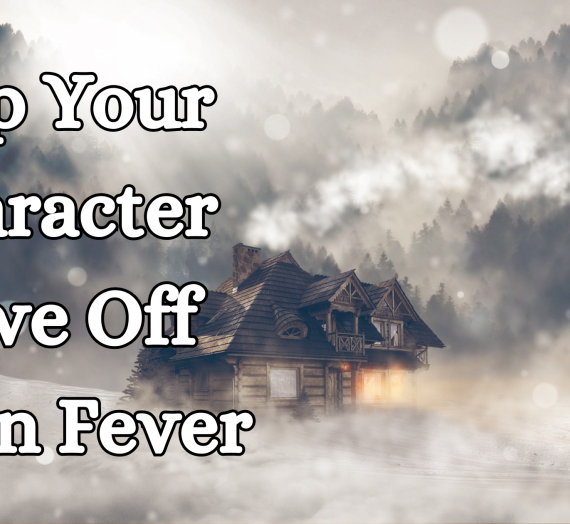
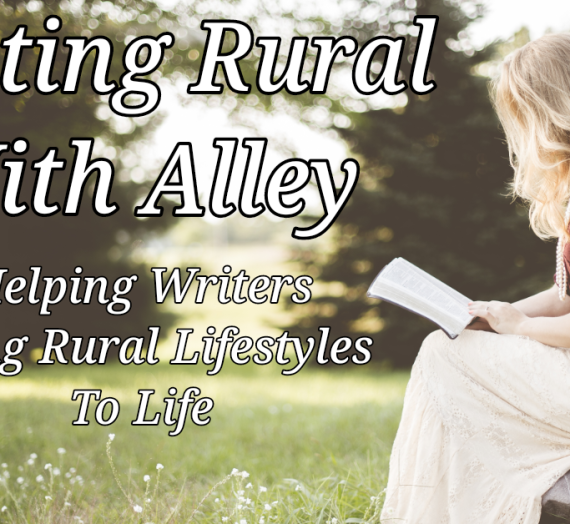
fitspresso reviews
Your blog is like a breath of fresh air in a sea of negativity and pessimism Thank you for being a source of light and hope
alleyhart
That is very kind of you to say. THank you!